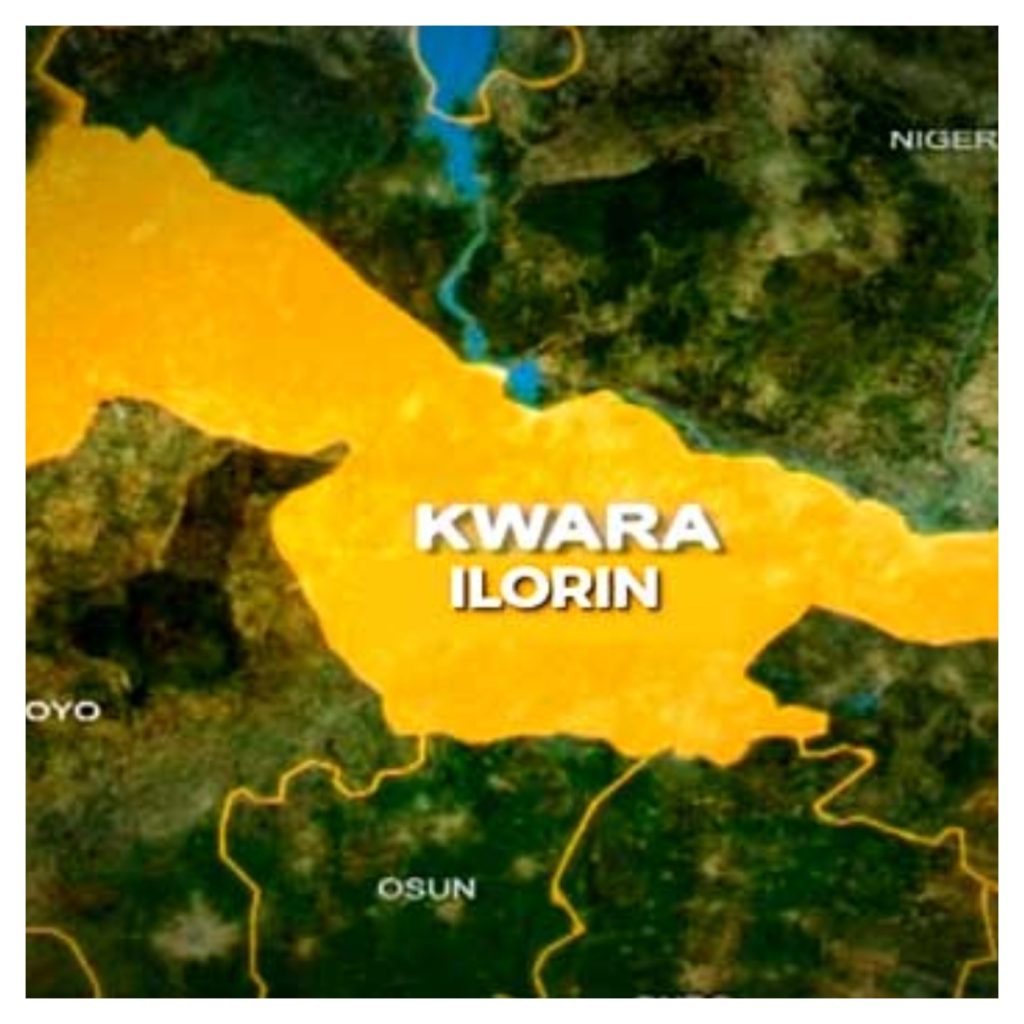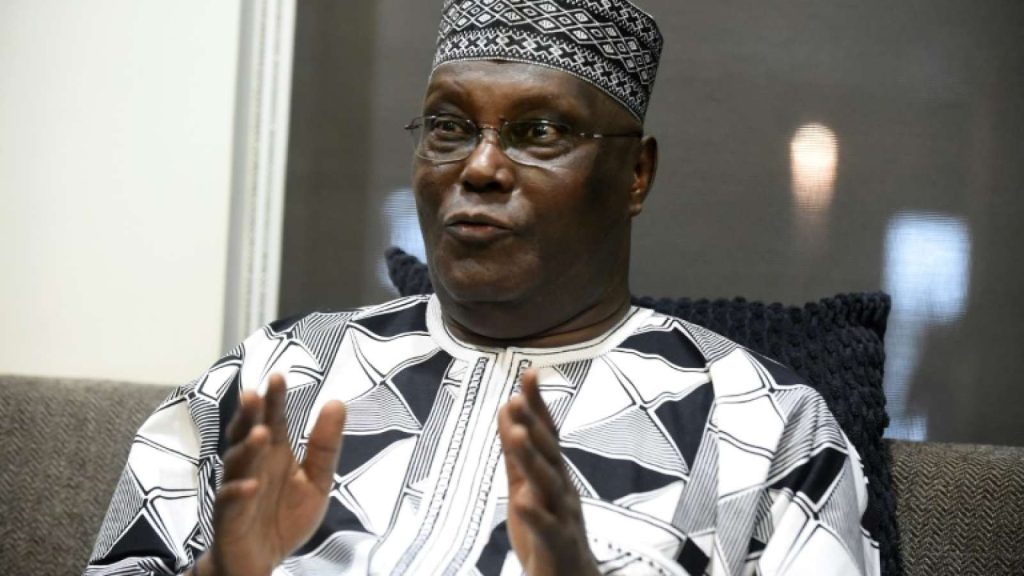Global companies have reported over $35 billion in costs due to US tariffs, according to a Reuters analysis of corporate statements and earnings calls. This significant financial hit is a direct result of the trade war initiated by the Trump administration, which has led to the highest US tariffs since the 1930s. Despite the hefty price tag, the fog of uncertainty that paralyzed many businesses is beginning to clear, allowing executives to forecast costs and make informed plans, including some price hikes.
The analysis, which examined hundreds of corporate statements, regulatory filings, and earnings calls between July 16 and September 30, revealed that companies expect a combined financial impact of $21.0 billion to $22.9 billion for 2025, with a projected impact of nearly $15 billion for 2026. The total of over $35 billion is comparable to the $34 billion reported in May, shortly after the introduction of Trump’s “Liberation Day” tariffs in April, which disrupted global supply chains.
However, a closer examination of the numbers reveals a notable shift. The increase is largely attributed to Toyota’s estimate of $9.5 billion, while many other companies have revised their earlier worst-case forecasts downward following Trump’s trade deals with the EU and Japan. French spirits makers Remy Cointreau and Pernod Ricard, for instance, have lowered their estimates of tariff-related costs after the EU deal, as has Sony, which cut its forecast in August.
Meanwhile, Trump has carved out exceptions, such as limiting tariffs on only about a third of Brazil’s exports to 50%. The fluid nature of the trade environment is evident in Trump’s recent comments, where he floated the idea of additional 100% tariffs on China, only to later retract the proposal, citing its unsustainability and blaming Beijing for the latest trade tensions.
The impact of the tariffs is unevenly distributed, with companies heavily reliant on countries without trade agreements bearing the brunt. Nike, which sources supplies from Vietnam and other Asian countries, has increased its tariff impact estimate to $1.5 billion from $1 billion. In contrast, European companies like Tefal kitchen-ware maker SEB have cut their profit outlook due to weaker demand, partly attributed to tariffs. Similarly, H&M has cautioned that US tariffs on imports will weigh more heavily on margins in the upcoming quarter.
As the third-quarter earnings season approaches, S&P 500 companies are projected to show an earnings growth rate of 9.3%, down from 13.8% in the previous quarter, according to LSEG data. The ongoing trade tensions and associated tariffs will likely continue to influence corporate earnings and strategic planning, underscoring the need for companies to adapt to the evolving trade landscape.



